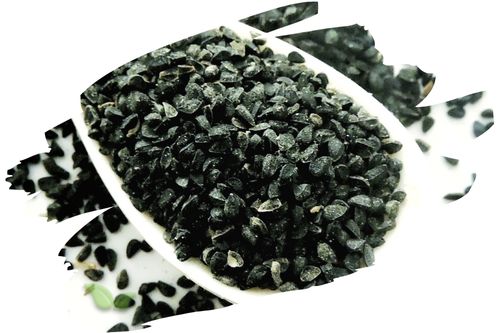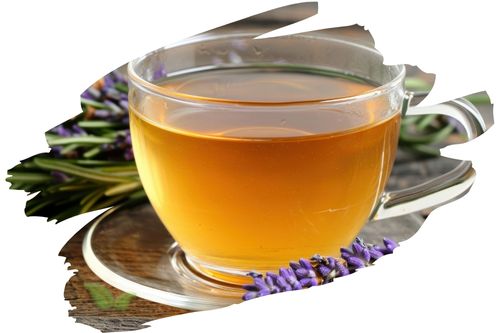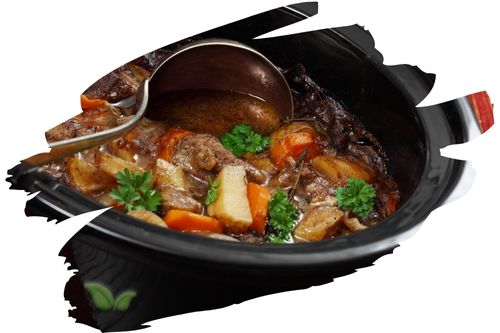
Introduction
When it comes to adding depth and richness to your dishes, paprika is a versatile spice that can elevate your culinary creations. Among the various types of paprika available, Smoked Paprika and Sweet Paprika are two popular choices that offer unique flavor profiles and applications. In this comprehensive comparison, we will explore the distinctions between Smoked Paprika vs. Sweet Paprika, helping you make informed choices in your kitchen.
Smoked Paprika vs. Sweet Paprika: The Basics
In this section, we'll delve into the fundamental differences between Smoked Paprika and Sweet Paprika.
Flavor Profile
Smoked Paprika: Smoked Paprika, also known as Pimentón, is made from dried and smoked red peppers. It boasts a rich, smoky flavor with subtle hints of sweetness. The smoking process imparts a robust and earthy undertone, making it an ideal choice for dishes that require a bold, savory profile.
Sweet Paprika: On the other hand, Sweet Paprika is crafted from sweet red peppers, resulting in a milder and sweeter taste. It lacks the smokiness of its counterpart and is better suited for recipes where a gentle, sweet essence is desired.
Culinary Uses
Smoked Paprika: Smoked Paprika is a star ingredient in dishes like paella, barbecue rubs, and stews. Its intense smokiness enhances the overall flavor, providing a delightful contrast to the dish.
Sweet Paprika: Sweet Paprika is a staple in Hungarian cuisine and is often used in dishes such as goulash and chicken paprikash. Its sweetness adds a pleasant, vibrant touch to these classic recipes.
Incorporating Paprika into Your Dishes
Now that we've explored the core distinctions between Smoked Paprika and Sweet Paprika, let's discuss how to incorporate these spices into your cooking.
Savory Dishes
For savory dishes like chili, roasts, and grilled meats, Smoked Paprika reigns supreme. Its bold flavor can transform an ordinary dish into a smoky, flavorful masterpiece.
Soups and Stews
When preparing soups, stews, or vegetarian dishes, Sweet Paprika's subtle sweetness can balance out the flavors, making it a delightful addition.
Garnish and Presentation
Both Smoked Paprika and Sweet Paprika can be used as garnishes to add color and a hint of their respective flavors to your culinary creations. Sprinkle a pinch on deviled eggs, mashed potatoes, or even a creamy soup for an eye-catching finish.
Frequently Asked Questions
1. Can I substitute Sweet Paprika for Smoked Paprika in a recipe? Yes, you can substitute Sweet Paprika for Smoked Paprika if you prefer a milder flavor with less smokiness.
2. Are there different types of Smoked Paprika available? Yes, you can find various types of Smoked Paprika, including hot and sweet varieties, each offering a unique heat level.
3. Does paprika have any health benefits? While we're focusing on flavor in this article, paprika does contain some antioxidants and vitamins, but it's primarily used to enhance the taste of dishes.
4. Can I use Smoked Paprika or Sweet Paprika in desserts? While it's uncommon, a small amount of Sweet Paprika can be used to add a subtle, earthy sweetness to chocolate-based desserts.
5. Which dishes benefit most from the use of Sweet Paprika? Sweet Paprika shines in dishes like creamy sauces, scrambled eggs, and dishes with a delicate protein like fish or chicken.
6. Are there any regions where these paprikas are particularly popular? Smoked Paprika is prevalent in Spanish cuisine, especially in regions like La Vera, while Sweet Paprika is a key ingredient in Hungarian cooking.
Conclusion
In the culinary world, the choice between Smoked Paprika and Sweet Paprika can significantly impact the flavor of your dishes. Whether you're aiming for a bold, smoky kick or a gentle, sweet undertone, these paprikas have you covered. By understanding their unique qualities and applications, you can elevate your cooking and create dishes that burst with flavor. Experiment with both varieties to discover your personal favorites and unlock new dimensions of taste in your recipes.
Alert: While spices can have many beneficial properties for health, using them for medical purposes should be done under the guidance and supervision of a healthcare professional or specialist. Some spices may interact with medications or cause adverse reactions in certain individuals, and it is important to use them safely and appropriately. If you are considering using spices for a medical condition, it is important to consult with a healthcare professional before doing so.




















































